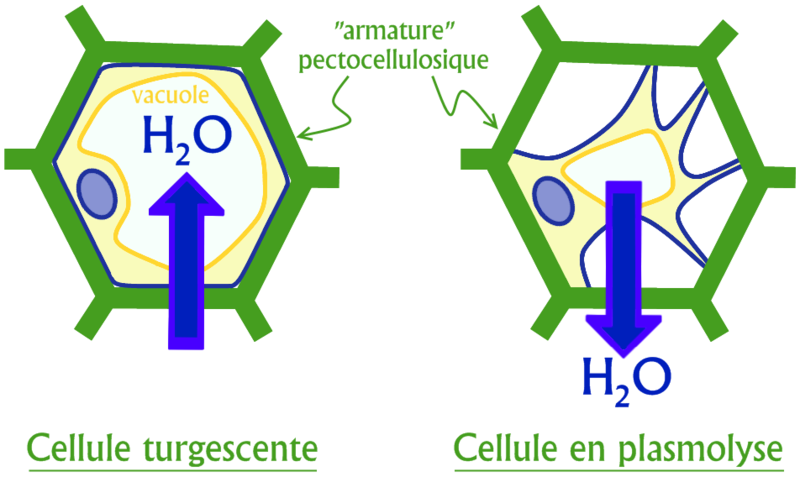-
 Biogas
Biogas
-
 Ghourd
Ghourd
-
 Ampholyte
Ampholyte
-
 Nucleoside diphosphate
Nucleoside diphosphate
-
 Phonolite
Phonolite
-
 Contraceptive implant
Contraceptive implant
-
 Liquid laser
Liquid laser
-
 Iron bloom
Iron bloom
-
 Winter solstice
Winter solstice
-
 Hertzsprung-Russell diagram
Hertzsprung-Russell diagram
-
 Volt
Volt
-
 Diurnal parallax
Diurnal parallax
-
 Progressive Scan
Progressive Scan
-
 Intestinal flora
Intestinal flora
-
 Reach
Reach
-
 Statin
Statin
-
 Pre-combustion separation of CO2
Pre-combustion separation of CO2
-
 FEAL
FEAL
-
 Miscible
Miscible
-
 Major axis
Major axis
-
 Nutricline
Nutricline
-
 Chemotherapy.
Chemotherapy.
-
 Floppy disk
Floppy disk
-
 To iconise
To iconise
-
 Bifid
Bifid
-
 Regenerative braking
Regenerative braking
-
 EPR paradox
EPR paradox
-
 DSLAM
DSLAM
-
 Drainage basin
Drainage basin
-
 Michael Faraday
Michael Faraday
Plasmolysis
Plasmolysis is a cellular state of plant cells in which, after a loss of water, the membrane pulls away from the cellulose-pectin wall. It is the opposite to the state of turgidity.
Plasmolysis occurs when a flow of water leaves the plant cell and vacuole by osmosis. The loss of pressure generated then causes the soft parts of the plant to wilt (stems, leaves, petals), as they are no longer supported by turgid pressure.
This flow of water is created either by a lack of water in the external environment, or by the presence, in the surrounding environment, of a liquid that is more concentrated than the cellular environment. In these situations, water moves by osmosis from the cellular environment towards the external environment.
Thus, plant cells subjected to drought or water that has too high a concentration of salt will lose their water as plasmolysis occurs. The soft parts will then wilt, and the plant will die from hydric stress if it is unable to rapidly reabsorb water.
 Diagram of turgidity and plasmolysis in a plant cell, depending on water flow. © Svtsvt, Wikimédia CC by-sa 3.0
Diagram of turgidity and plasmolysis in a plant cell, depending on water flow. © Svtsvt, Wikimédia CC by-sa 3.0
Latest
Fill out my online form.



